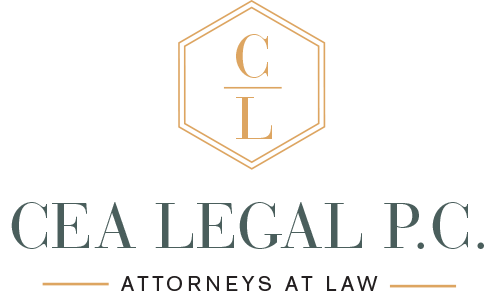Corporate Governance Best Practices for New York Businesses
Corporate governance is a critical aspect of running a successful business, particularly in New York, where regulations and legal requirements are stringent. Effective corporate governance practices ensure transparency, accountability, and the protection of stakeholders' interests. Directors and officers play a pivotal role in upholding these best practices, with their fiduciary duties and responsibilities. From maintaining proper record-keeping to managing conflicts of interest, there are several key areas that New York businesses must focus on to maintain strong corporate governance. In this blog, we will explore the best practices that can help businesses in New York foster good governance and stay compliant with the evolving legal landscape.
The role and responsibilities of corporate directors and officers: Directors: Directors are responsible for overseeing the company's operations, making strategic decisions, and ensuring the organization acts in the best interests of shareholders. They owe a fiduciary duty to the company and its shareholders. Officers: Officers, such as the CEO, CFO, and COO, are responsible for day-to-day management and implementation of the board's directives. They are accountable for executing the company's strategy and complying with all relevant laws and regulations.
Maintaining proper record-keeping and documentation: Accurate and organized record-keeping is crucial for corporate governance. This includes keeping records of board meetings, resolutions, financial transactions, contracts, and important corporate documents. Proper documentation not only ensures legal compliance but also provides a clear historical record of corporate decisions and activities.
Board meetings, resolutions, and decision-making processes: Regular board meetings are essential for discussing strategic matters, reviewing financial performance, and making critical decisions. Board resolutions document these decisions and actions taken by the board. They should be properly recorded, filed, and maintained to demonstrate corporate compliance and adherence to fiduciary duties.
Fiduciary duties of directors and officers in New York: Directors and officers have a legal obligation to act in the best interests of the company and its shareholders. They must exercise due care, loyalty, and good faith in their decision-making. Specific duties may include overseeing financial matters, monitoring conflicts of interest, and ensuring the company complies with applicable laws.
Shareholder rights and protections: Shareholders have certain rights, such as voting on important matters, inspecting corporate records, and receiving financial reports. Corporate governance practices should ensure that shareholders' rights are respected and that they are informed about significant corporate actions.
Conflict of interest disclosure and management: Properly managing conflicts of interest is essential to maintaining trust and transparency in corporate governance. Directors and officers must disclose any potential conflicts, and the board should establish procedures for addressing and mitigating conflicts when they arise.
Recent corporate governance trends and legal developments in New York: With increasing concerns about climate change, New York has introduced regulations and requirements for corporations to disclose their environmental risks, emissions, and sustainability efforts. New York has strengthened whistleblower protections and reporting mechanisms for corporate misconduct. This includes laws that encourage employees to report unethical behavior without fear of retaliation. Corporations are now required to implement comprehensive data protection measures, including the appointment of a Chief Privacy Officer, and to notify authorities and affected individuals in the event of a data breach.
As the corporate landscape in New York continues to evolve, it is crucial for businesses to stay abreast of the latest trends and legal developments in corporate governance. From addressing climate change concerns to strengthening whistleblower protections, New York has been at the forefront of implementing progressive measures. Embracing these trends and adapting to the changing regulatory environment not only ensures compliance but also positions businesses for long-term success. By prioritizing corporate governance best practices, New York businesses can enhance trust, mitigate risks, and create a solid foundation for sustainable growth. Ultimately, a commitment to effective corporate governance is not only a legal obligation but also a strategic advantage in today's business landscape.
CONTACT OUR OFFICE TODAY:


